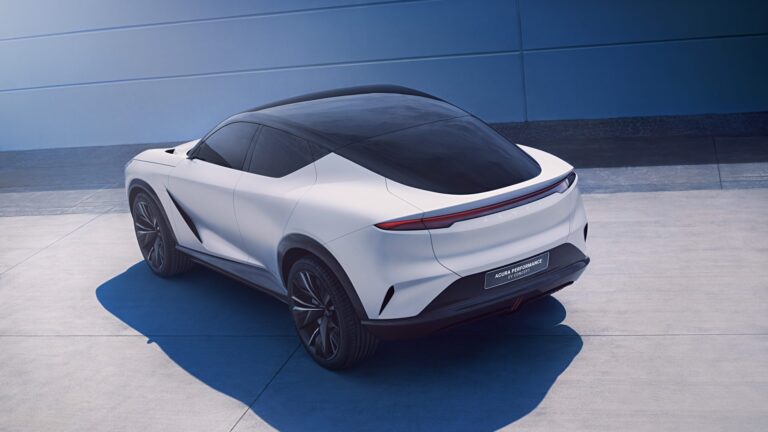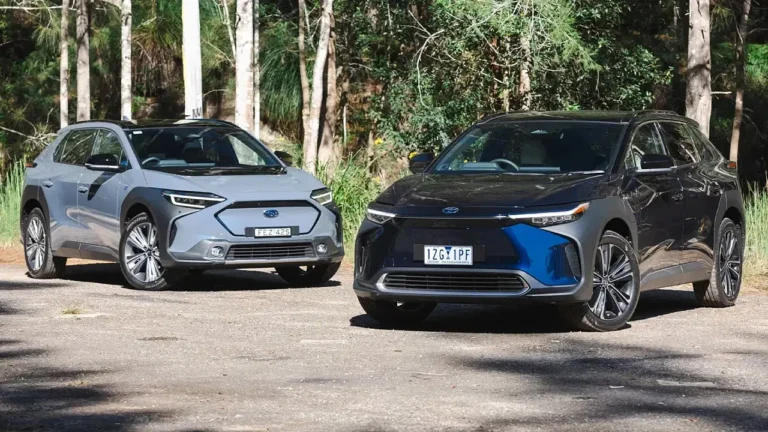
Jeep 4xe
Jeep has announced a new recall affecting 320,065 units of the Jeep Wrangler 4xe and Jeep Grand Cherokee 4xe, which are the plug-in hybrid variants of these popular SUVs. The company has stated that an internal investigation uncovered 19 fires resulting from a fault, which is presumably related to the high-voltage batteries within these plug-in hybrids.
This development is not the first instance of Jeep’s PHEVs being recalled for a fire risk, as a separate recall involving the same models was issued in 2024 by the NHTSA and affected over 150,000 vehicles.
The new recall is broader in scope, encompassing even newer versions of the SUVs, which indicates that the manufacturer has not yet fully resolved the underlying issue. Beyond this specific recall, recent industry data suggests that plug-in hybrid powertrains, in general, are struggling to match the reliability standards set by other types of vehicle powertrains.
The latest recall specifically involves 2020-2025 Wrangler 4xe models and 2022-2026 Grand Cherokee 4xe SUVs. Jeep’s brief initial statement on the matter does not identify the precise cause of the problem, as a definitive remedy is still under active investigation.
Until a permanent fix is found and implemented, owners of the affected vehicles are being strongly advised to avoid recharging their vehicles. Fortunately, it remains possible to operate a plug-in hybrid by simply using its gasoline engine without charging the battery.
The second critical recommendation is for owners to park these vehicles away from structures, such as garages and homes, or other vehicles, a precaution that may prove significantly challenging for many customers, depending on their living situations.
Last year’s recall specified that the high-voltage battery could experience an internal failure, leading to a fire whether the vehicle was parked or in motion. The documentation from that recall explained that the battery pack’s individual cells were susceptible to separator damage, a condition that could instigate a thermal event.
At that time, a software update was proposed as part of the solution, along with updates to components like the auxiliary hybrid control processor. It is not yet publicly known if the root cause and the fixes applied to last year’s recall are directly applicable to this new, larger-scale safety action.

It is worth noting that this is not the only PHEV-related issue Jeep has recently faced, as almost 92,000 Grand Cherokee hybrids were also recalled earlier this year for a separate problem involving a sudden loss of power.
This situation highlights a broader challenge with plug-in hybrids. While PHEVs promise to offer the best of both worlds, emission-free electric driving for short trips and the backup of a gasoline engine for longer journeys, this powertrain type is inherently more complex than any other.
According to the J.D. Power 2025 U.S. Initial Quality Study (IQS), which assesses the number of problems owners encounter with new vehicles within the first 90 days of ownership, plug-in hybrids now exhibit more problems than pure electric vehicles for the first time.
The study also found that PHEVs are more problematic than both conventional hybrids and vehicles with gasoline-only engines. A 2023 study from Consumer Reports found similar results, noting that while conventional hybrids are becoming more reliable, plug-in hybrids appear to be moving in the opposite direction in terms of dependability.
For consumers, if you are considering purchasing a new PHEV, it is advisable to consult the latest reliability ratings and prioritize models that come with the most comprehensive warranty coverage. If you are considering a used plug-in hybrid, it becomes even more critical to select a model with a strong, documented reliability record and a complete service history.
For Jeep specifically, it is concerning that last year’s recall failed to fully remedy the fire hazard posed by these plug-in hybrid SUVs. The hope is that the company can quickly identify a permanent and effective fix before any more fires are reported.



